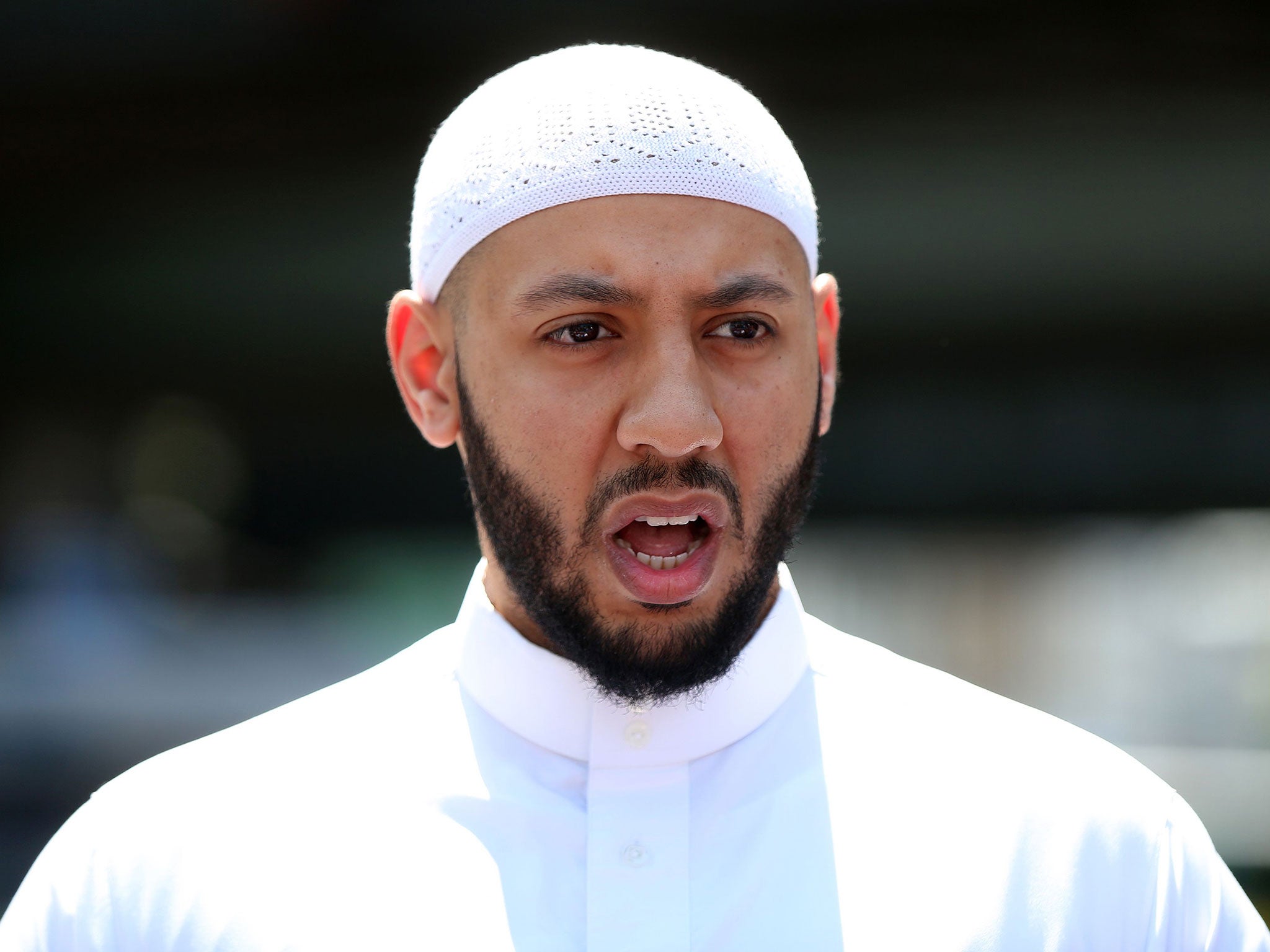The Finsbury Park Mosque attack proves terrorism has no religion – and nor does compassion
Though little, in reality, can ever be done about a single terrorist driving a vehicle into any group of innocent people, there are already some lessons that emerge from this episode, and arguably ones that should have occurred to the authorities before

Though invidious to choose, there is one man who more than any other has in recent months set an outstanding example of compassion, humanity and British values. The imam of Muslim Welfare House, Mohammed Mahmoud, realised the gravity of what was happening to his community from the moment a terrorist set about his mission of death, and the imam did the right thing: he protected a man who reportedly declared that he wanted to kill all Muslims.
With that brave action he set an important and powerful example of the sanctity of life and the rule of law. For anyone inclined to believe that all Muslim clerics are some sort of fellow travellers of Isis or the like, he is the rebuttal: a symbol of what Islam really stands for, not what some evil-doers would like to pretend it is about. He was the answer to the long gone Abu Hamza, who so notoriously preached hatred at the Finsbury Park Mosque next door. Hamza’s malign spirit has been exorcised.
Where do we go from here?
Though little, in reality, can ever be done about a single terrorist driving a vehicle into any group of innocent people, there are already some lessons that emerge from this episode, and arguably ones that should have occurred to the authorities before.
Places of worship need better protection. They are obvious targets for those with a perverted religious agenda, and have long been the subject of low-levgel acts of abuse, such as graffiti or pig’s heads dumped on doorsteps. The Jewish community is also familiar with these sorts of depressing acts, such as personal assaults and insults. These often form part of a “spike” in hate crimes after some major attack, and pass. Even so, the potential for a massacre is obvious now, and the grisly murder of a Catholic priest in France earlier this year was another example of how vulnerable congregations and clergy are. So police protection, CCTV and other measures are obviously required in and around mosques, temples, synagogues, churches and graveyards. It will be money well spent, though it can’t guarantee there will never be another attempt on a life.
We ought also to realise that raising security threat levels, encouraging communities to be vigilant and report extremism, and passing new laws will not be enough by themselves to defeat low-level unsophisticated terrorism from whatever source. More surveillance is not the answer, and certainly not if targeted at one community. We do not wish to live in a police state, and even if we did, we might find that an insufficient defence against barbarity (as Russia and Middle East states have discovered).
We may have to get used to a level of violence we have not been accustomed to since the IRA’s bombing campaigns, for those who can remember them. We have to work hard at every level to avoid an escalation of these “retaliatory” attacks – it is a dangerous term to use, given that we are not in a war with two sides – and to win hearts and minds.
More practically, we must give the Prevent programme, the police and the intelligence services all the resources they need to track down plots and bombers. The authorities say they have enjoyed significant quiet successes in thwarting attacks, which the run of recent outrages have obscured. As the old phrase goes, the terrorist only has to be lucky once to cause havoc, and a small number can both do that and foment intercultural violence.
The encouraging aspect of this year’s attacks, like the ones in July 2005, is that violence is not really begetting that much more violence, and that the effect of the assaults is to isolate the murderers and bring other communities closer together, in the spirit of the assassinated Jo Cox and the “Get Together” days she inspired. Nor do these attacks cause mass fear and panic beyond the immediate assaults; there is a calm determination not to have our values and way of life destroyed. Terrorism isn’t working.
Still, we have to face a future where there will more occasions for a minute’s silence, more times for thought and reflection, and for more prayers – even with the fine example of people such as Brendan Cox and Mohammed Mahmoud. There will be more moments of solemnity, and we may as well face up to that.

Join our commenting forum
Join thought-provoking conversations, follow other Independent readers and see their replies